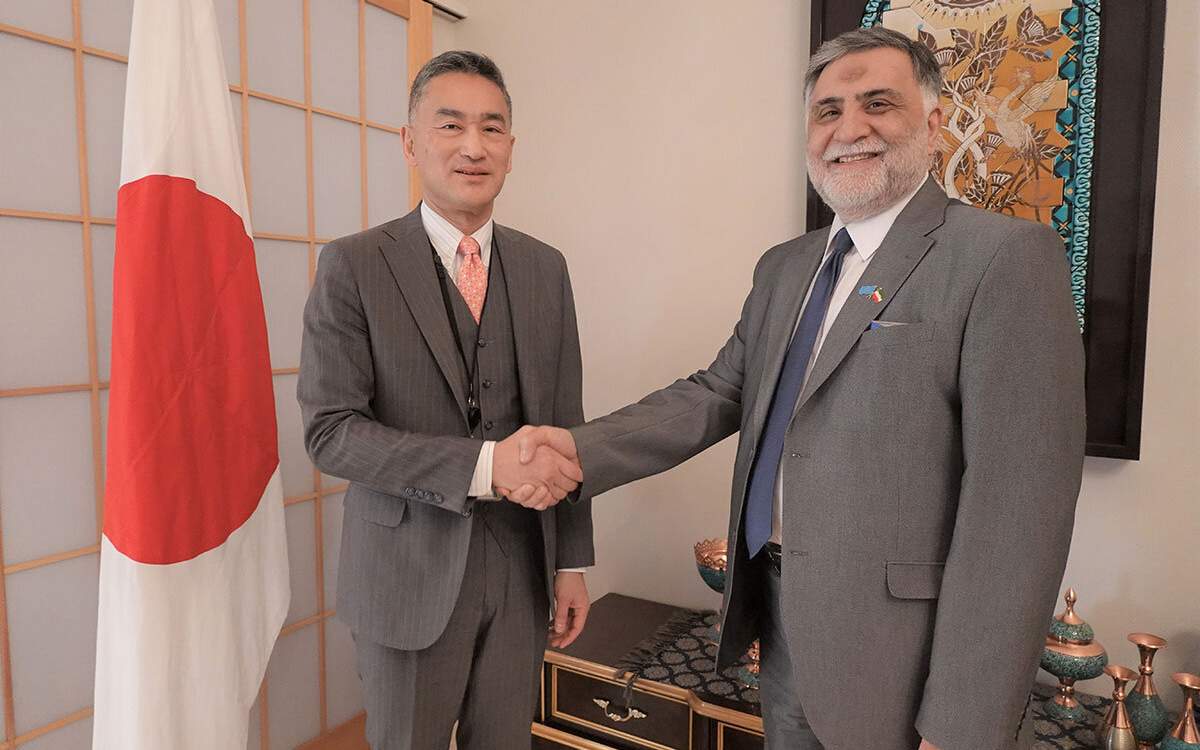The Iran Project
: The World Health Organization has launched a new project with the financial support of the Government of Japan to revive malaria prevention and control in south-eastern provinces of Iran, which host vulnerable populations, including Afghan refugees.
Sunday 24 March 2024 - 22:13
Story Code : 418217
Source : Tehran Times
WHO, Japan renew partnership to combat malaria in Iran
The project, entitled Reinforcing Malaria Elimination as Humanitarian Assistance in the Islamic Republic of Iran, will run throughout 2024. WHO is implementing the project with the Iranian Ministry of Health and Medical Education, WHO website reported on March 20.
The expansion of the mosquito habitat in the country’s south-eastern provinces is a direct result of the climate change-induced floods in Pakistan in 2022. Afterward, the incidence of malaria increased more than five-fold from 2022 to 2023 in the Iranian province of Sistan-Baluchestan. This is significant for a country that had reported zero indigenous cases of malaria in 2018 and 2019.
Sistan-Baluchestan was hit by heavy rainfall and flooding in February 2024. Cross-border population movement is constant in the south-eastern border provinces of the Islamic Republic of Iran. These and other conditions may further drive local transmission of malaria. As such, it is critical to put prevention and control measures in place.
Jaffar Hussain, WHO Representative and Head of Mission to the Islamic Republic of Iran, stressed the vital importance of collaborative action with the Government of Japan: “The financial support provided by the people of Japan arrives at a critical juncture, following recent heavy rains and floods in Sistan-Baluchestan province in late February 2024. Through concerted efforts and sustained investment, WHO and its international and local partners remain steadfast in their commitment to combat malaria and safeguard public health in the Islamic Republic of Iran and beyond.”
“The effect of climate change has led to frequent flooding in many parts of the world, including Iran,” said His Excellency Mr Tamaki Tsukada, Ambassador of Japan to the Islamic Republic of Iran. “Malaria, one of the world’s 3 major infectious diseases, spreads through mosquitoes after floods. In order to protect the Iranian people from malaria, it is important to exterminate mosquitoes, protect oneself from mosquitoes, and quickly diagnose and treat malaria cases at an early stage. We hope that this project will strengthen Iran’s crisis response capacity and prevent the spread of malaria and other infectious diseases.”
The country is prone to natural disasters, especially floods, and the Iranian health system remains vulnerable. More than one-third of the country’s 877 urban health centers are in flood-prone areas.
Japan’s funding aims to reduce the risk of malaria transmission in Sistan-Baluchestan province. WHO will support the Ministry of Health and Medical Education to enable indoor residual spraying and mosquito larviciding and to distribute pyrethroid-treated long-lasting insecticidal nets. It will also support the Ministry to strengthen surveillance by enhancing laboratory diagnostics capacities to detect and diagnose malaria cases. Further, WHO will help improve risk communication and community engagement to reach target populations with appropriate health messages on how to protect against malaria.
Reporter : Editorial of The Iran Project
# Tags











